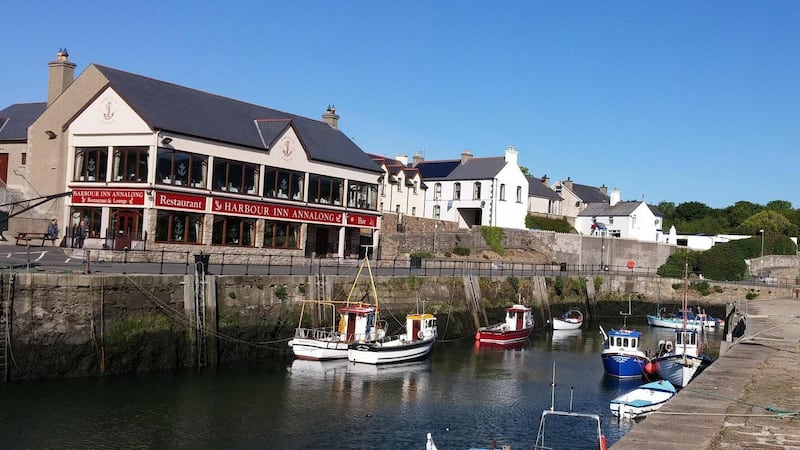Whilst our housing market has shown resilience and stability amid many challenges in recent years, there’s no question that Northern Ireland needs more housing across both public and private sectors.
The most recent Rics residential market survey indicated that housing supply levels fell at the fastest rate seen in five years. During May, the net balance for new instructions to sell was in negative territory for the fourth consecutive month and saw the lowest balance that has been reported since March 2020.
Similarly, through the first quarter of the year, the Rics construction monitor found that construction workloads for private housing fell flat, whilst workloads for public housing were reported to have declined.
Both these reports provide a clear indication that housebuilding activity has taken a dip, in a time when we are in need for more housing.
But with this need, there are pressing challenges on the industry such as planning delays and increased cost of raw materials. One of the biggest pressures though is a lack of wastewater infrastructure.
Last week it was noted in a report by Northern Ireland’s Fiscal Council that under-investment in NI Water is “constraining economic development, particularly in areas requiring commercial and residential growth”. With this, Rics is urging the Executive to support NI Water to unlock development.
The most recent spending review announced by Chancellor Rachel Reeves revealed that Northern Ireland will see an increase in the amount of money it receives through the Barnett formula. With this, Rics would encourage the Executive to prioritise additional funds provided through Barnett consequentials to invest in NI Water’s wastewater infrastructure.
On top of this, Rics welcomed the Housing Supply Strategy, which the Department for Communities announced late last year in which the government set out a 15-year framework aiming to increase the supply of houses and improve the quality of existing stock.
To support with improving the quality of existing stock, last year Rics launched its Residential Retrofit Standard which was developed so that consumers receive advice from skilled, regulated professionals and ultimately protects the public interest by upholding high standards in a time of increasing energy costs, and a pressing need to decarbonise the built environment.
Whilst there is uncertainty with the industry, surveyors however are remaining positive about the months ahead, with surveyors in Northern Ireland anticipating that both house sales and prices will rise over the next three months.
With the increased investment, and more resource within our planning sector, Northern Ireland could see the much-needed rise of homes available on the market which, in turn, would benefit local communities, and the wider economy.
- Garrett O’Hare, managing director of Bradley NI, is a member of the regional board of the Royal Institution of Chartered Surveyors (Rics)

